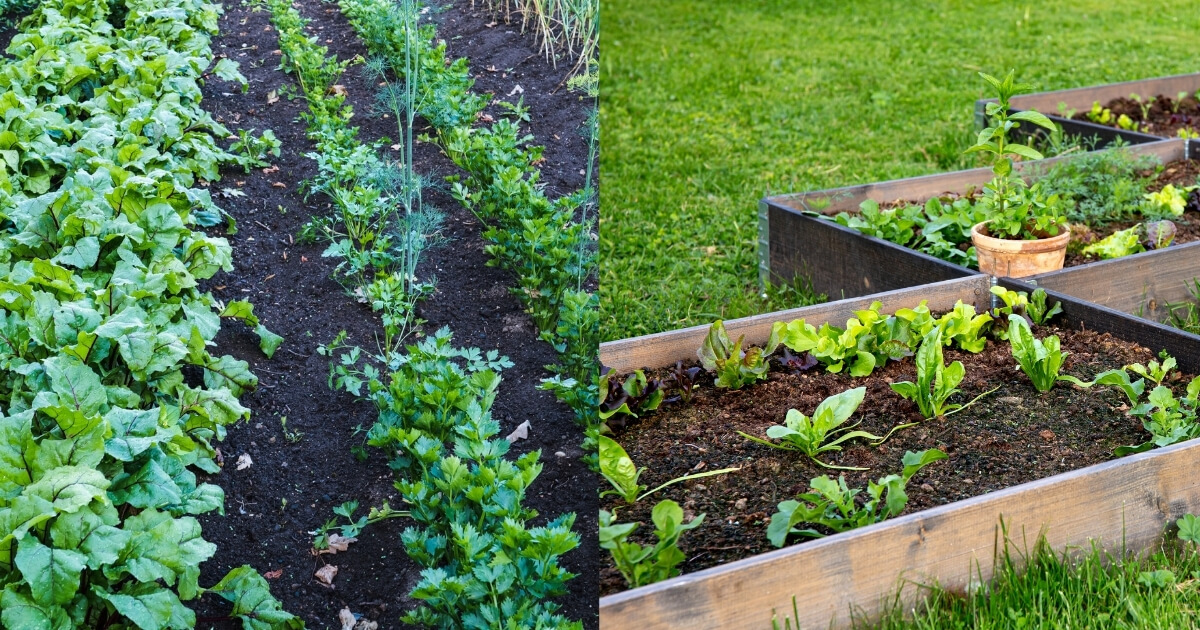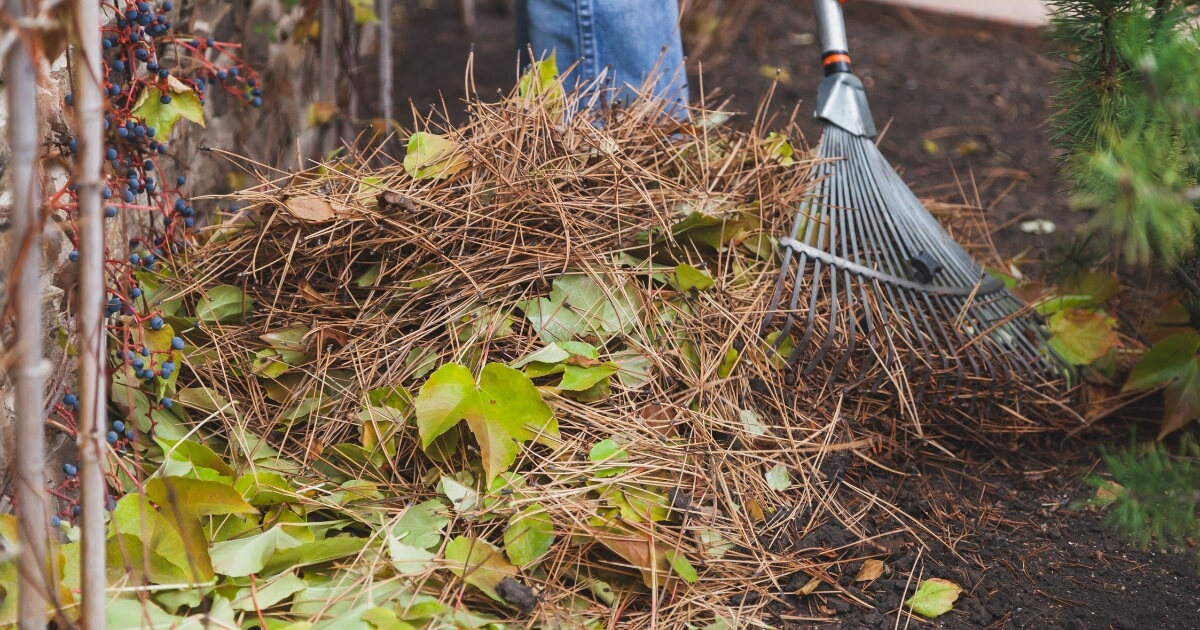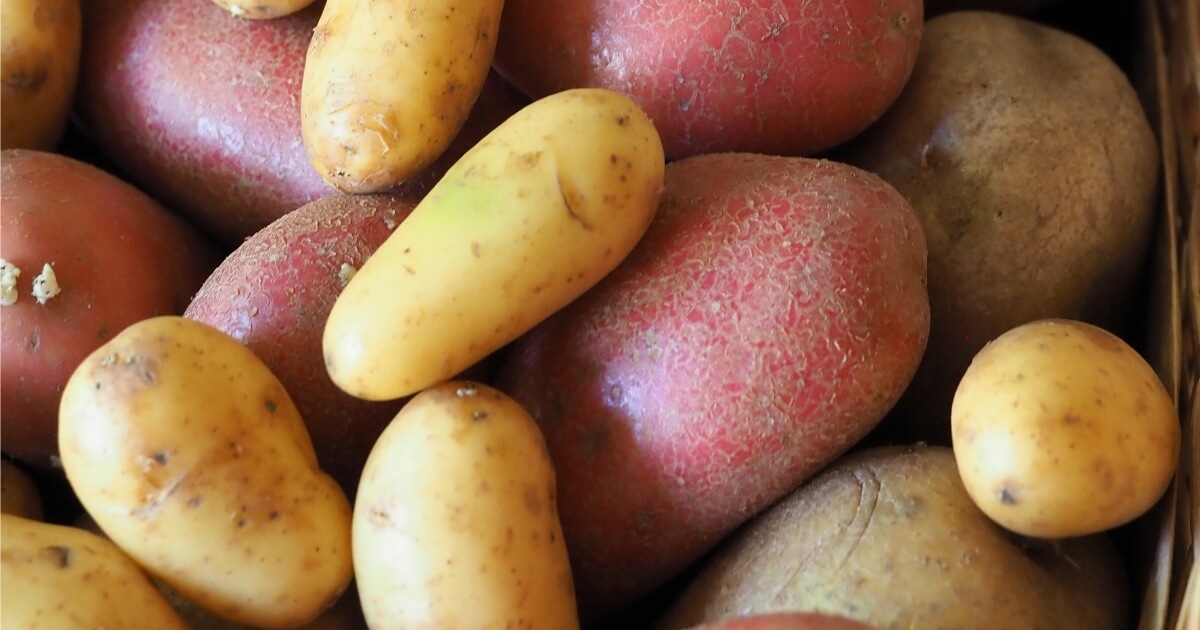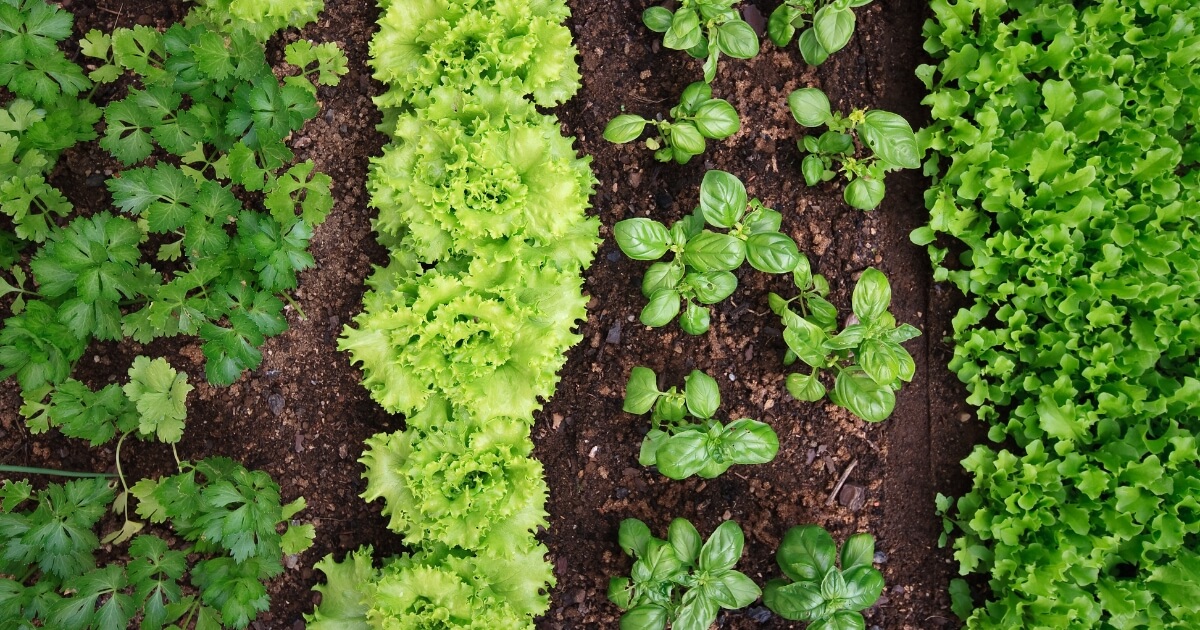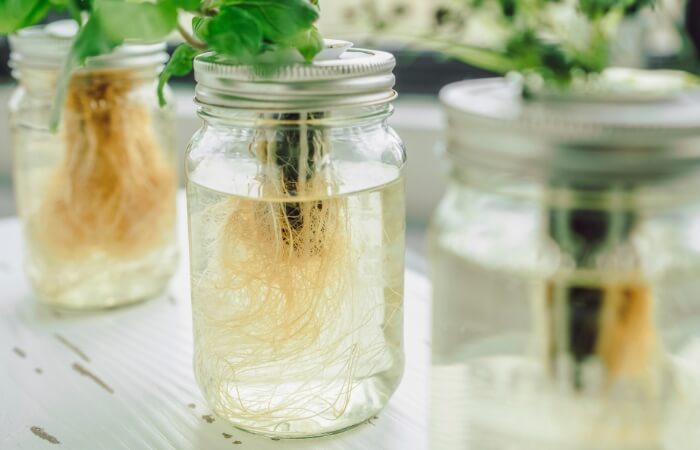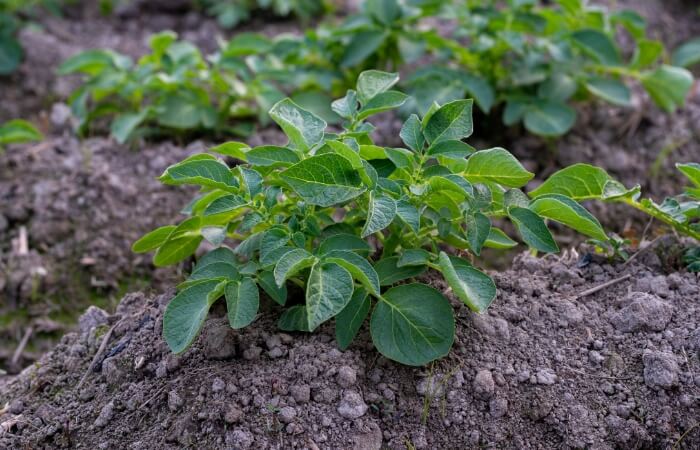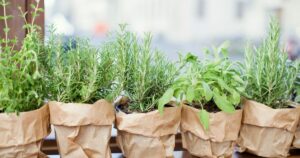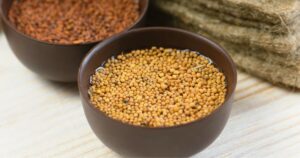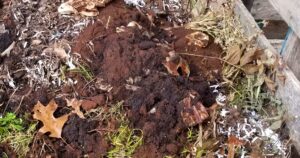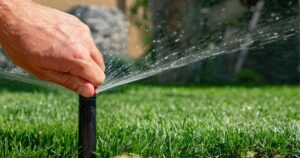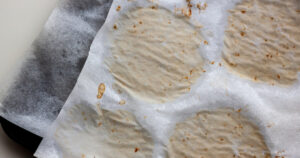Can you water plants with any water?
The answer is yes, any water is better than no water, but the mineral content of some water can be harmful to the plant.
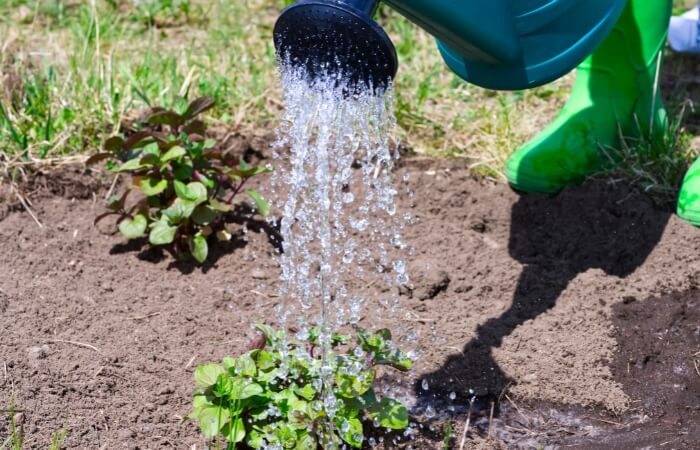
To help you determine which water is best for indoor or outdoor plants, read this guide.
The more you learn about how plants and water interact, the better gardener you will become, so let’s get started!
How Do Plants Use Water?
Plants use water in four unique ways.
First, the plant cells use water to fill out or create firmness within the stems and leaves. When you see a plant wilting, this is due to a lack of water that causes cells to deflate.
Second, the plant requires water for photosynthesis to occur. To create the sugars necessary for energy, the plant relies on carbon dioxide from the air and hydrogen from the water. To finish the photosynthesis process, the plant also needs a bit of water to release the oxygen that forms as a by-product.
Third, the plant relies on water as a transporter of nutrients within the plant’s structure. Without the tension found within water, the capillary action that the plant uses to move nutrients around cannot occur.
Lastly, healthy plant transpiration needs water to complete the photosynthesis cycle. As moisture releases from the plant leaves, it stimulates the roots to draw up more water from the soil.
Do Different Types Of Water Affect Plant Growth?
Yes, different levels of nutrients within the water will affect plant growth.
Not only is plant growth affected by the direct absorption of water, but microbes in the soil also rely on water to create nutrients for the plant by breaking down organic matter.
Next, I explain how different types of water directly impact plant growth.
Is Distilled Water Good For Plants?
Distilled water goes through a boiling and condensation process that wicks out the minerals within the water and leaves behind only clean water devoid of any nutrients.
Distilled water can be excellent for some plants and terrible for others.
The plants that do best with distilled water are indoor potted plants sensitive to the buildup of minerals or chemicals such as chlorine found in most tap water.
Outdoor soil filters out excess minerals, so garden plants rarely suffer from this issue.
Other plants may rely on trace minerals within water to develop strong cell structures, mostly plants that receive no outside fertilizer and live in poor soil. Giving these plants only distilled water will eventually kill them off.
Is Softened Water Bad For Plants?
Soft water goes through a treatment of potassium or sodium to remove minerals from water that is very hard.
While softened water is excellent for household use and tastes better for drinking, using it on plants can be problematic.
Softened water is terrible for indoor and outdoor plants due to the high salt levels that remain in the water after treatment.
When plants take up water high in salts, an imbalance of weight occurs that tricks the plant into thinking it’s absorbing enough water even when it hasn’t. Salt will also build up in the soil around plants, choking off the root system over time.
It won’t take long for a plant to die if given regular doses of softened water. It’s critical to use the water by-pass on your exterior hose to avoid the water softening system or use well or filtered water for indoor plants.
Is Hard Water Bad For Plants?
Hard water is very common in many households, especially those that receive water from a well system.
Hard water has more minerals than average water, namely when it comes to the amount of magnesium and calcium.
Hard water can be bad for plants because, over time, a scale buildup of calcium carbonate will form in the soil around the roots or create a crust along the surface.
Once enough scale forms, it blocks the water from penetrating through the surface or into plant roots. No water to the roots equals plant death.
Trying to add fertilizer in with hard water amplifies the residue formation, so while you may think you are helping nourish the plants, you are making the situation worse.
Rainwater For Plants
Rainwater is nature’s gift to plants. Water from the rain or melting snow or ice provides an outstanding balance of nutrients and minerals that both plants and soil microbes need to thrive.
As long as rainwater or snowmelt is pure and not tainted by chemicals in farm fields or salt solutions spread on roadways, you can safely put it on plants.
Is Rainwater Good For Plants?
The best water for indoor plants is rainwater. The fluid is not too hard or soft but just right.
No mineral buildup will occur in the soil to reduce moisture absorption in the roots, nor will high sodium contents upset the balance of water in the plant cells.
Rain is also the best water for outdoor plants, who quickly drink up the moisture and nutrients to grow stunning flowers, thick foliage and produce abundant crops.
Is Bottled Water Good For Plants?
Sometimes you may need to hydrate your plants using bottled water, but doing so for outdoor gardens can get expensive quickly.
The best bottled water for plants is spring water, which is as close to rainwater as you can get.
Springwater should have no added chemicals like chlorine, nor is it devoid of minerals like distilled water.
Avoid using purified water, as this water is even purer than distilled water. Purified water only has hydrogen and oxygen and nothing more. While a dose every once in a while will keep plant cells plump, the water will provide no nutrients unless you add fertilizer.
What Do You Use To Water Plants?
There are a variety of means to water plants, including:
- Watering cans
- Watering globes
- Ollas (unglazed pottery jars)
- Drip irrigation tubing
- Soaker hose
- Rain barrels
Watering cans are the most common method of watering plants, as they hold a decent amount of fluid and disperse the water in a gentle shower that won’t harm foliage or splash all over.
Watering globes or ollas both hold water and gradually disperse it into the soil as it dries out. These methods are a fantastic way to manage watering when you don’t have the time to monitor soil moisture levels daily, like when you go on vacation.
Collecting rainwater in a rain barrel is an ideal solution to have the best plant water available between rain showers. You can connect a drip irrigation or soaker hose to the bottom for outdoor plants or open the lid to fill your watering can.
You can also connect a soaker hose or drip irrigation system to an outdoor spigot to water plants efficiently.
In Summary
The best water for plants is rain, but you have other choices that can keep your plants healthy and hydrated.
Now that you understand the differences in water and how they affect plant growth, you can use the right water and a convenient watering system to keep your garden green and lush!
